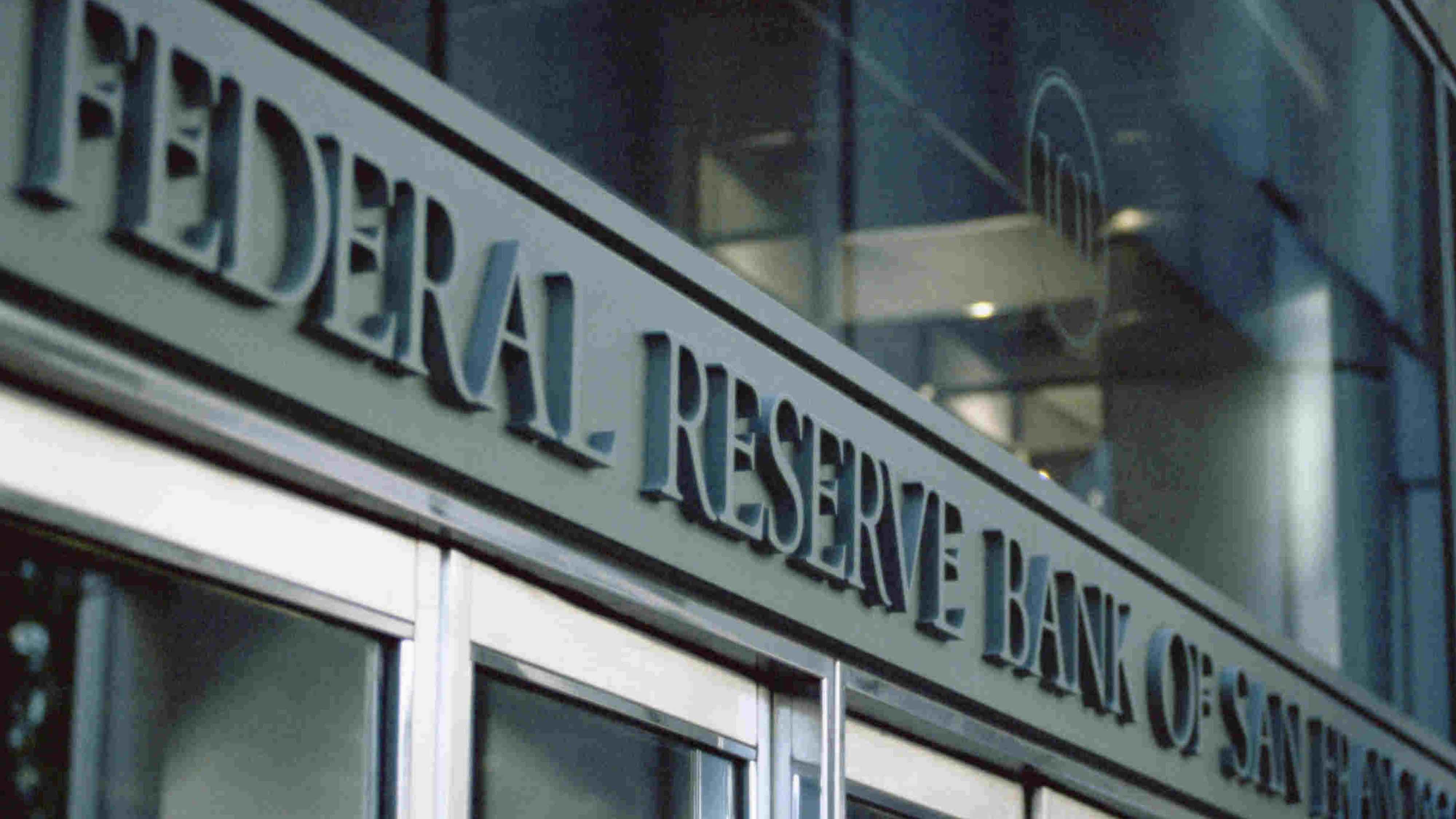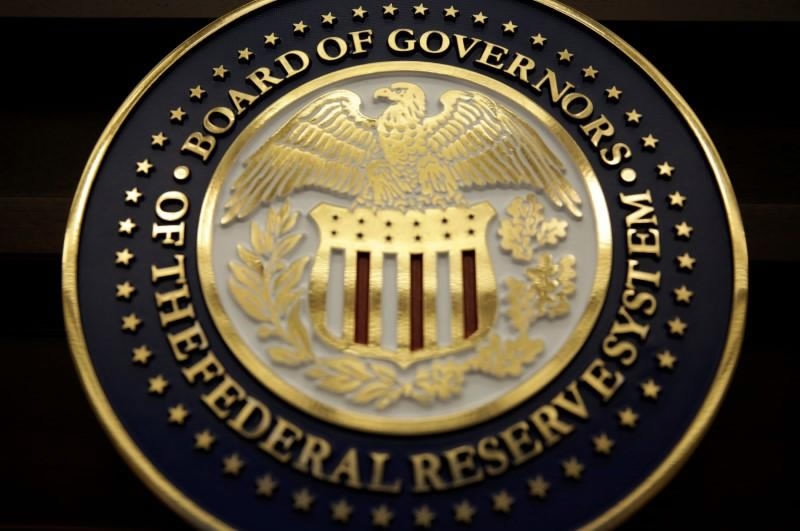
Business
22:13, 13-Dec-2017
More interest rate hikes expected in 2018
CGTN's Liang Rui and Liu Zhaoqin

The US central bank opened its final two-day policy meeting of the year on Tuesday and is likely to announce an interest hike Wednesday despite the absence of inflation.
It would be the third rate hike this year, and possibly the final one as Federal Reserve Chair Janet Yellen presides over a policy move since President Donald Trump has opted to replace her by February next year.
Analysts say the booming labor market, which in recent months has pushed the unemployment rate down to 4.1 percent, the lowest in 17 years, will outweigh the Fed's perplexity over why inflation has stayed stubbornly below the central bank's two percent target.
A Bloomberg survey showed that most economists see the Fed raising the interest rates three times next year, in March, September, and December respectively.

Economists agree with Bloomberg's estimation on Fed's growth forecast and also say the Federal Reserve will not adjust its 1.9 percent inflation target in 2018.
Most analysts estimate that Fed's chairman shift will hardly change US key monetary policies. However, Hong Hao, chief China strategist at BOCOM International, said a new chairman excepted to come into office is another crucial key to affect Fed’s growth.
“Besides the interest rates hikes we are going to see in a couple of hours, we are looking for clues on what Yellen will say, and also some statements from Jerome Powell,” said Hong, “you want to see if there is any consistence between outgoing Fed Chairwoman and ingoing Fed chairman, to see what policies might come is going forwards.”

Reuters Photo.
Reuters Photo.
Economists said that with Republicans working to finalize a unified final version of a massive tax overhaul, central bankers likely will be thinking about the measure's potential to stimulate the economy and give prices a nudge upwards, increases, while Hong believes that the tax cut will bring pressure on US economy.
“The Congressional Budget Office (CBO) is looking for up to 2 trillion US dollars budget going forward. It will add pressure on US dollars and pressure on capital outflow,” said Hong, “We are still not sure whether this tax cut will bring lower tax burden on US public and US companies as well, because after all, many US companies are not even pay 20 percent tax.”

SITEMAP
Copyright © 2018 CGTN. Beijing ICP prepared NO.16065310-3
Copyright © 2018 CGTN. Beijing ICP prepared NO.16065310-3